Hunting High Sea Levels in South Africa

Along the coast of South Africa, researchers explore ancient rock formations dating to a period about 120,000 years ago when the earth was warmer and sea level was higher than today, trying to find clues and determine just how high the oceans might rise in a warmer world.
Pollution Kills Thousands of Fish in Brazil
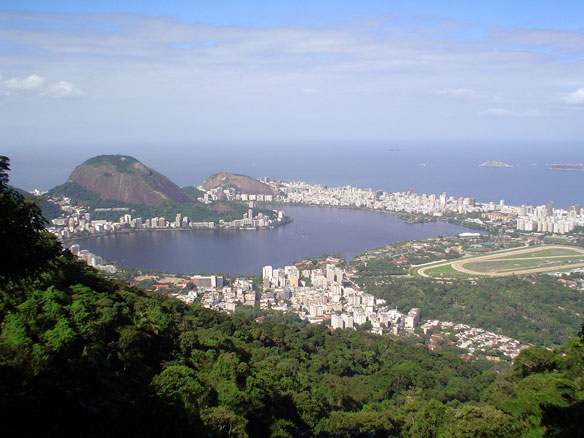
Thousands of fish have been removed from the Rodrigo de Freitas lagoon in Rio de Janeiro, after oxygen levels dropped due to pollution, according to local media.
Tallying natural disaster-related losses
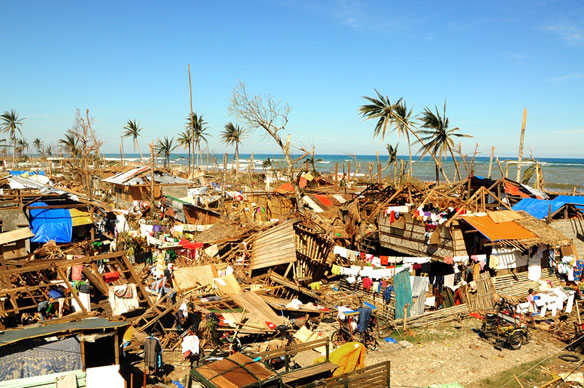
For three consecutive years, natural hazards have cost the world more than US$100 billion a year, according to new data from the Brussels-based Centre for Research on the Epidemiology of Disasters (CRED), released in Geneva.
Mass Strandings of Pilot Whales: A Study
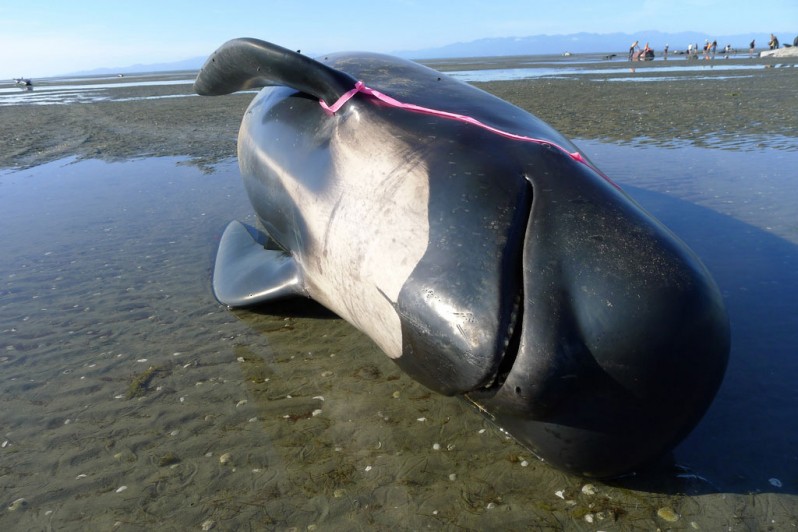
Biologists since Aristotle have puzzled over the reasons for mass strandings of whales and dolphins, in which groups of up to several hundred individuals drive themselves up onto a beach…
Sustainable Management of Surfing Breaks, A Study

Despite their large numbers worldwide, surfers as a coastal interest group have largely been ignored during coastal management decision making. Surfers are, however, increasingly being considered in coastal management decisions as the social, economic, and environmental benefits of high-quality surfing breaks are realized.
Dirty Blizzard in Gulf of Mexico May Account for Missing Deepwater Horizon Oil
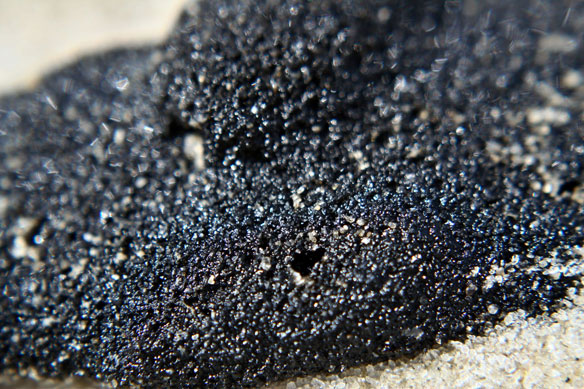
Oil from the 2010 Deepwater Horizon spill acted as a catalyst for plankton and other surface materials to clump together and fall to the sea floor in a massive sedimentation event that researchers are calling a “dirty blizzard.” This phenomenon may explain what happened to some portion of the more than 200 million gallons of spilled oil.
Two Years On, America Hasn’t Learned Lessons Of Fukushima Nuclear Disaster
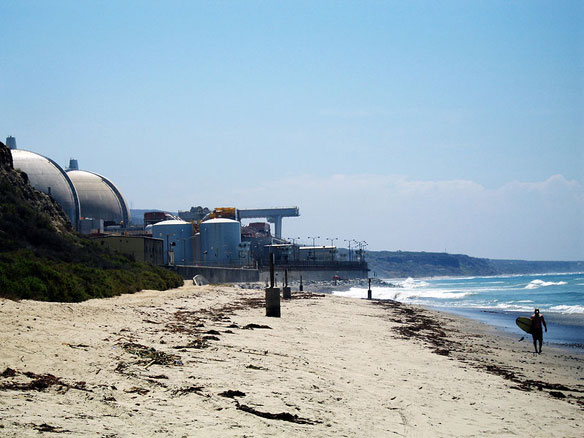
With few new nuclear plants being built at present, America’s nuclear infrastructure continues to age and grow increasingly more accident-prone. Many plants are located along rivers or coastlines, where they face dangers from flooding. One hundred and eleven million Americans live within 50 miles of a nuclear plant.
Increasing Number Of Sea Lion Pups Stranded Along California Coast
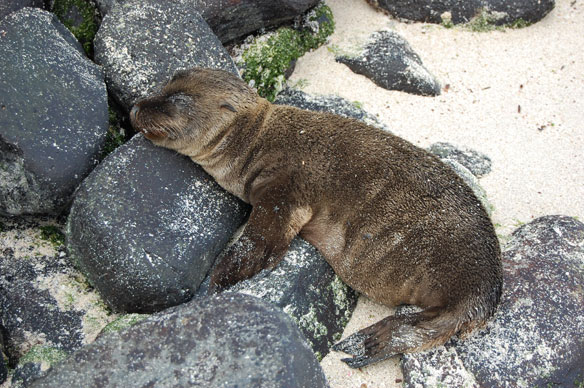
An increasing number of California sea lion pups have been stranding along the coast of in Los Angeles, Orange and San Diego counties. A California marine mammal center has declared a state of a emergency.
Green versus Gray: Nature’s Solutions To Infrastructure Demands
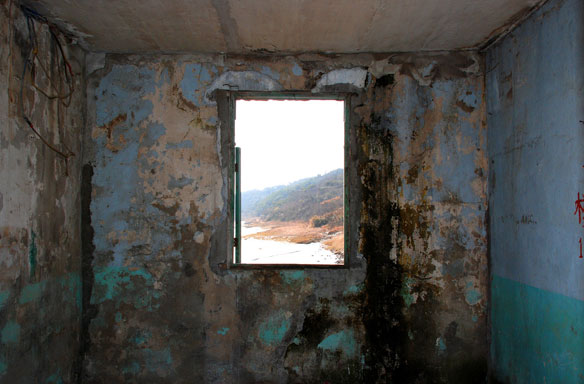
An emerging hypothesis in environmental management settings is that investment in ecosystem-based green infrastructure solutions provides economically superior environmental quality outcomes when compared to investments in technology-based or “gray” infrastructure.
